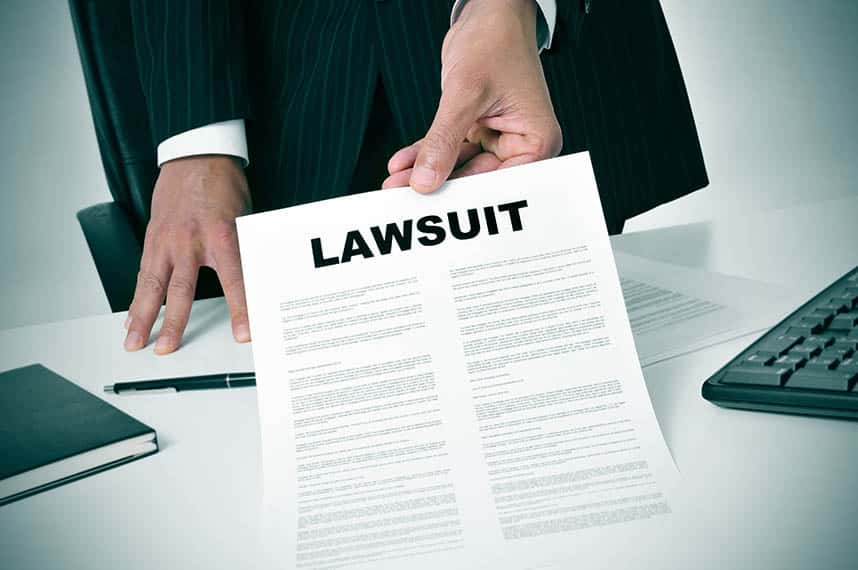A personal injury lawsuit is mainly based on negligence claims. When you suffer harm due to someone’s negligence or careless behavior, the law allows you to sue them for the damage. However, you must establish negligence with four key elements: duty, breach of duty, cause, and damage. In other words, as a claimant, you must show that a legal obligation existed between you and the defendant, and there was a breach of the duty leading to damage or injuries due to the negligence. Here is a profound overview.
Duty
Duty is obligation individuals have to each other in society, and at times it is mandated by the law. For instance, city laws mandate that homeowners shovel sidewalks in front of their homes 24hours after a snowfall.
Suppose the law does not mandate the duty to act. In that case, the court can determine that a duty to act exists depending on how a reasonable individual would have acted in the same circumstances, known as a reasonable standard of care.
A legal duty also applies to trained professionals such as doctors and teachers. For instance, a doctor must care for their patients reasonably. If a duty of care or obligation exists in a personal injury lawsuit, the next thing is to determine a breach of duty.
Breach of duty
A breach of duty occurs when an individual’s action or lack of action harms someone. Detroit law requires everyone to act reasonably in regard to the safety of others and themselves. So, when someone acts carelessly without considering the safety of others and themselves, then they have committed a breach of duty. For instance, when a driver ignores a stop sign and they cause an accident, that is a breach of duty.
Injury and causation
After establishing a breach of duty, the court further examines the injury to determine whether the breach of duty led to the injury. Injury is the victim’s suffering, either bodily harm or property damage which must be established in court. According to a Detroit personal injury attorney, a claimant must establish a cause and effect relationship between the negligent act or behavior and the harm they suffered.
There are two types of causation: factual cause and proximate cause. In factual cause, you can clearly establish a link between the negligent act and your injuries. For instance, a driver who ignores the pedestrian crossing sign and hits you has caused harm to you. Proximate cause applies when a reasonably close relationship between the negligent act and injury can be made. Here, establishing liability is based on fairness, logic, policy, and practicality.
Damages
Damages refer to the compensation awarded due to legal negligence. It can be in the form of:
- Compensatory money for the actual harm you have suffered.
- Aggravated- money awarded for emotional damage.
- Special- money awarded for related costs such as loss of wages.
- Punitive- additional money awarded to punish the negligent party due to malicious, intentional, or deliberate negligence.
- General- money awarded due to breach of contract.
- Statutory- the money awarded because the law mandates it.
Based on the evidence you have provided in a personal injury lawsuit, the judge determines the damages to be awarded for.
















